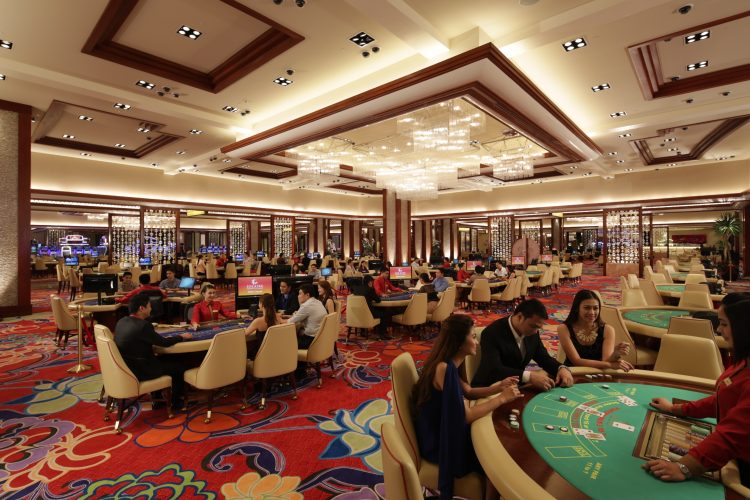Casinos in the Philippines will be required to record and verify the “true identity” of customers from 4 November 2017 under strict new rules set out by the country’s Anti-Money Laundering Council (AMLC).
The rules, which form part of the AMLC’s Casino Implementing Rules and Regulations of Republic Act, enforce tougher regulations on operators requiring them to “maintain a system of verifying the true identity of their customers based on reliable, independent sources, documents, data, or information” upon opening an account or redeeming an unspecified amount of chips or tokens.
The minimum customer information and identification documents required includes the customer’s name, date and place of birth, current address, permanent address, contact information, nationality, proof of ID, employment details and source of funds.
For corporate customers, casinos will be required to maintain a system of verifying their legal existence and organizational structure, as well as the authority and identification of anyone acting on the company’s behalf.
The new rules also require operators to carry out a risk assessment on all customers to determine the casino’s Customer Due Diligence (CDD) procedures, with enhanced diligence required for high-risk customers. Factors that should help determine a customer’s risk classification are listed as source of funds, occupation, residence or origin, status as politically exposed persons, any adverse media exposure or their appearance on government, international and industry watch lists. The types of services, products, and transactions sought by the customer and the presence of linked accounts are also relevant assessment criteria.
Casinos must regularly update customer details and keep all identification and transaction records for a period of at least five years.


































